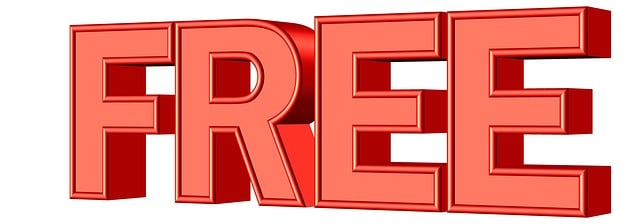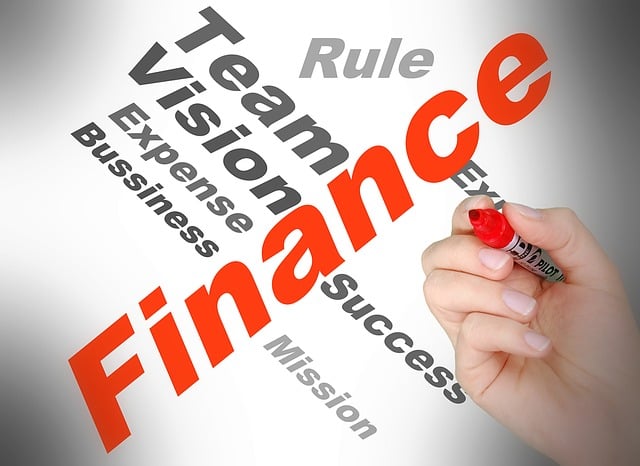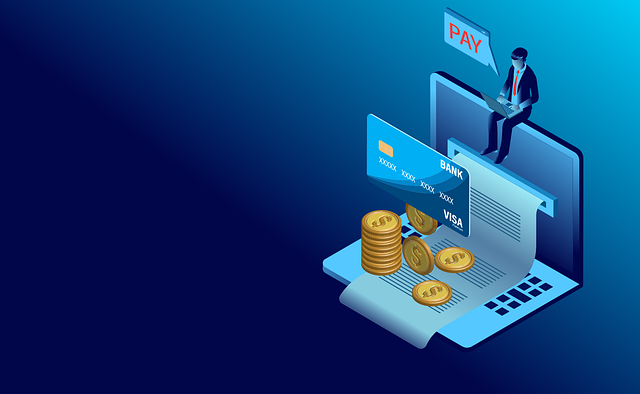Debt loans for poor credit offer individuals with low or damaged credit access to funding by consolidating multiple high-interest debts into one manageable loan. By simplifying repayment and potentially reducing overall interest, these loans can be a strategic step towards financial stability. Key advantages include lower monthly payments, simplified budgeting, and improved credit scores over time. Specialized loan types like secured loans and personal loans from reputable online lenders provide flexible terms and quick access. To make an informed decision, evaluate your financial situation, compare loan terms, and establish a structured debt management plan to aggressively pay off the consolidated loan.
Struggling with debts due to a low credit score? Don’t worry, there are options available. In this comprehensive guide, we’ll walk you through the process of consolidating debt into one loan, offering clear insights on understanding bad credit loans, their advantages, and managing your finances effectively. Discover our top 3 debt loan choices tailored for low credit scores and learn how to make an informed decision that suits your unique situation. Take control of your financial future today!
- Understanding Debt Loans for Bad Credit
- Advantages of Consolidating Debt
- Top 3 Debt Loan Options for Low Credit Scores
- How to Choose the Right Consolidation Loan
- Tips for Effective Debt Management After Consolidation
Understanding Debt Loans for Bad Credit

Debt loans for poor credit scores, also known as bad credit personal loans, are a way for individuals with low or damaged credit to access funding. These loans can help them consolidate debt into one manageable loan, which is often a more affordable option than multiple high-interest debts. By combining several smaller debts into one larger loan, borrowers can simplify their repayment process and potentially reduce the overall interest they pay over time.
When considering a debt loan for bad credit, it’s essential to look out for lenders who offer flexible terms and lower interest rates. Some loans may have stricter requirements but provide better conditions, while others might be more accessible but come with higher costs. Consolidating debt into one loan can be a strategic move towards financial stability, but borrowers should carefully evaluate the terms and conditions to ensure it aligns with their long-term financial goals.
Advantages of Consolidating Debt

Debt consolidation is a strategic approach that offers several advantages, especially for individuals dealing with multiple high-interest debts. By consolidating debt into one loan, borrowers can simplify their financial obligations and gain better control over their finances. This method allows you to combine various loans, credit cards, or other forms of debt into a single payment, making it easier to manage and potentially reducing the overall interest paid over time.
One significant benefit is the potential for lower monthly payments, which can provide some financial relief and make repayment more manageable. Additionally, consolidating debt can simplify budgeting by combining multiple due dates into one, eliminating the hassle of keeping track of various repayment schedules. This streamlined process empowers individuals to focus on building a positive payment history, which can significantly improve their credit score over time.
Top 3 Debt Loan Options for Low Credit Scores

When dealing with a low credit score, many individuals assume they have limited options for debt relief. However, there are several loan types designed to cater to those with subpar credit histories. The three best debt loans for poor credit scores offer unique benefits tailored to borrowers’ needs.
Firstly, consolidating debt into one loan is a popular strategy. This approach allows you to combine multiple high-interest debts into a single loan with potentially lower interest rates and more manageable terms. By simplifying your repayments, you can save money on fees and make it easier to stick to a repayment plan. Secondly, secured loans can be advantageous for those looking to rebuild their credit. These loans require collateral, which acts as a safety net for lenders. With responsible borrowing and timely repayments, you can demonstrate improved creditworthiness while gradually increasing your credit score. Lastly, personal loans from reputable online lenders cater specifically to borrowers with less-than-perfect credit. These loans often come with flexible terms and the ability to access funds quickly, enabling individuals to consolidate debt or cover unexpected expenses without significantly impacting their credit further.
How to Choose the Right Consolidation Loan

When considering a debt consolidation loan, the primary goal is to consolidate debt into one loan. This simplifies repayment by replacing multiple loans with a single, more manageable one. To choose the right option, start by evaluating your financial situation and credit score. A lower credit score doesn’t necessarily disqualify you; instead, it may result in higher interest rates.
Research lenders who specialize in consolidation loans for individuals with less-than-perfect credit. Compare loan terms, interest rates, repayment periods, and any associated fees. Look for flexible options that align with your budget. Reading reviews and comparing multiple offers will help ensure you secure the best possible deal, ultimately easing your financial burden.
Tips for Effective Debt Management After Consolidation

After consolidating your debt into one loan, it’s crucial to implement a structured plan for effective debt management. The first step is to create a realistic budget that accounts for all your expenses and ensures you can comfortably make the required loan payments. This involves tracking your income and outbound cash flow to identify areas where adjustments can be made to free up more funds for debt repayment.
Additionally, prioritize paying off the consolidated loan aggressively. Consider putting any extra financial resources towards the loan’s balance, focusing on reducing interest charges and cutting down on the overall debt burden. Regularly reviewing and adjusting your budget as needed will help maintain momentum in your debt management journey.















